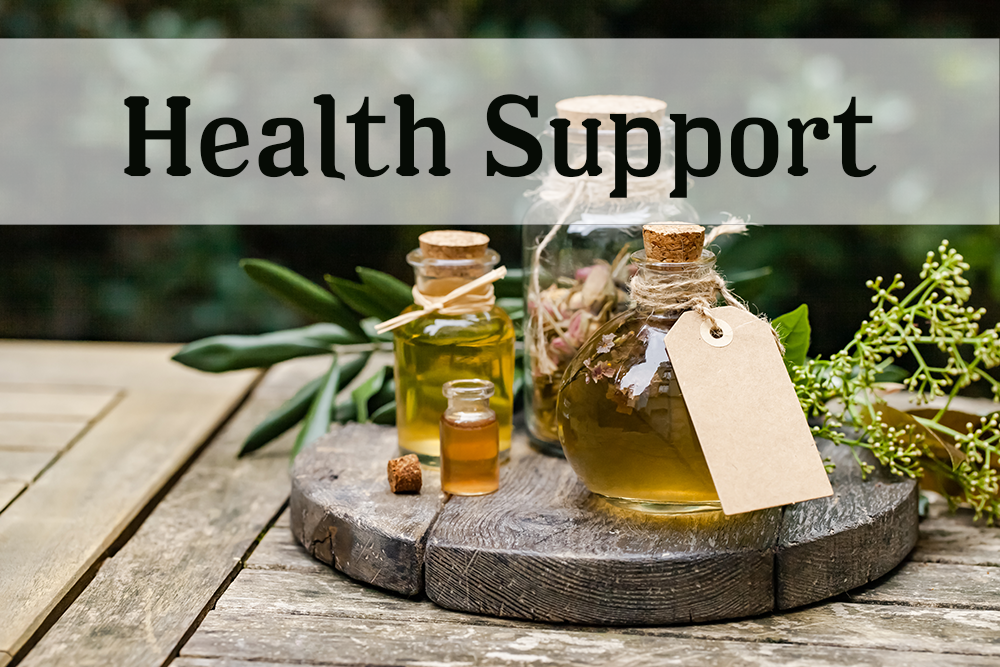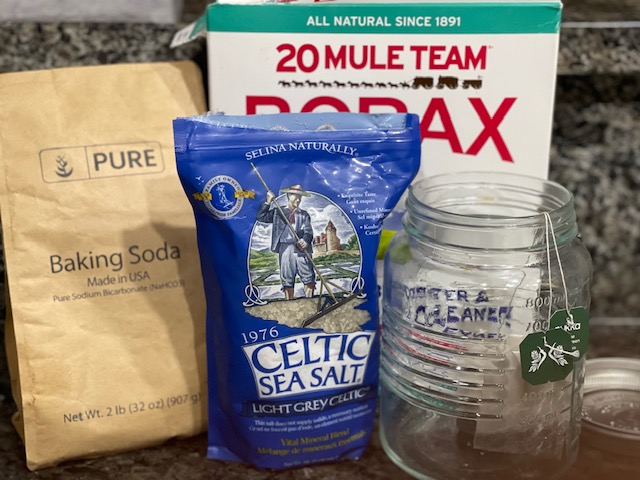During a disaster, maintaining optimal Health Support is critical for survival and recovery. Here’s how different areas of health play vital roles including eye and vision, hormone, heart, kidneys, lungs, liver, oral and all important functioning organs in our bodies. Proper preparation for disaster health support, including these areas, can make a huge difference in managing emergencies. Here’s how different areas of health play vital roles:
>>>>>>><<<<<<<

>>>>>>><<<<<<<
Health Support | Survival & Recovery
>>>>>>><<<<<<<
During a disaster, maintaining optimal health is essential for both survival and recovery. Various aspects of health, including your eyes, heart, kidneys, and more, can become vulnerable during emergencies. Understanding how to support each system will not only help you respond effectively but also speed up recovery afterward.
>>>>>>><<<<<<<
Borax and Baking Soda Remedy
>>>>>>><<<<<<<

Two common natural substances, Borax and Baking Soda (sodium bicarbonate), offer a wide range of health applications. When combined, they form an effective remedy for several conditions, including fungal infections, joint degeneration, and fatigue. Visit HERE to learn more and get the recipe for my daily green tea.
>>>>>>><<<<<<<
Eye and Vision Health
Protecting your eyes should be a priority when exposed to harmful debris, dust, or chemicals. Wearing protective eyewear during hazardous conditions can prevent long-term damage, while taking supplementals like vitamin A ensures your vision stays clear. By preparing with the right protection, you can prevent potential vision issues during emergencies.
Hormonal Balance
Disasters inevitably lead to stress, which can wreak havoc on your hormones. Elevated stress levels can cause fatigue, mood swings, and poor decision-making. However, with the help of nutrients like magnesium and adaptogenic herbs, such as ashwagandha, you can stabilize your hormonal balance. Keeping your body’s stress response in check ensures clearer thinking and physical endurance.
Heart Health
Stressful situations can put extra strain on your heart. By supporting cardiovascular health with magnesium, CoQ10, and healthy fats like omega-3s, you reduce the risk of elevated blood pressure and heart-related complications. Ensuring proper heart support can make the difference in maintaining strength and stamina when it’s needed most.
Kidney Support
Dehydration and exposure to contaminated water can quickly impair kidney function. Staying hydrated with purified water is essential, and adding herbs like dandelion or cranberry can further support your kidneys’ ability to filter toxins. Preparing with the right supplies and supplementals ensures your kidneys remain functional throughout the crisis.
Liver Support
During a disaster, exposure to toxins and chemicals becomes more likely. Your liver plays a key role in detoxifying your body from harmful substances, but in emergencies, it can be overwhelmed. Supporting your liver with herbs like milk thistle and nutrients such as glutathione helps boost its detoxification processes. By doing so, you ensure your liver remains strong even under extreme conditions.
Lung Health
Air quality often deteriorates in the aftermath of disasters, with smoke, dust, and other pollutants affecting your lungs. Herbs like mullein and vitamins such as C can protect your respiratory system. This preparation reduces the risk of respiratory issues, ensuring that you can breathe clearly when the air quality is compromised.
Oral Health
Dental problems can escalate rapidly during a disaster, especially without proper supplies. Stocking up on essential oral hygiene items, as well as taking calcium and vitamin D, will keep your teeth and gums healthy. Maintaining oral health reduces the risk of infections or dental pain, which can worsen in emergency situations.
Specific Health Areas
For individuals with chronic conditions such as diabetes, thyroid issues, or autoimmune diseases, specialized care is crucial. Ensuring that you have an adequate supply of medications, specific nutrients, and a disaster-specific care plan will help manage these conditions effectively.
In conclusion, preparing your health for a disaster goes beyond basic supplies.
Each area of health plays a critical role in how well you handle and recover from emergencies. By taking the time to address eye protection, hormonal balance, heart health, kidney function, and more, you ensure that your body can withstand the pressures of a disaster and maintain optimal functioning.
Proper preparation for disaster health support, including these areas, can make a huge difference in managing emergencies. Please Visit our Wellness and Nutrition page for additional information.
>>>>>>><<<<<<<


